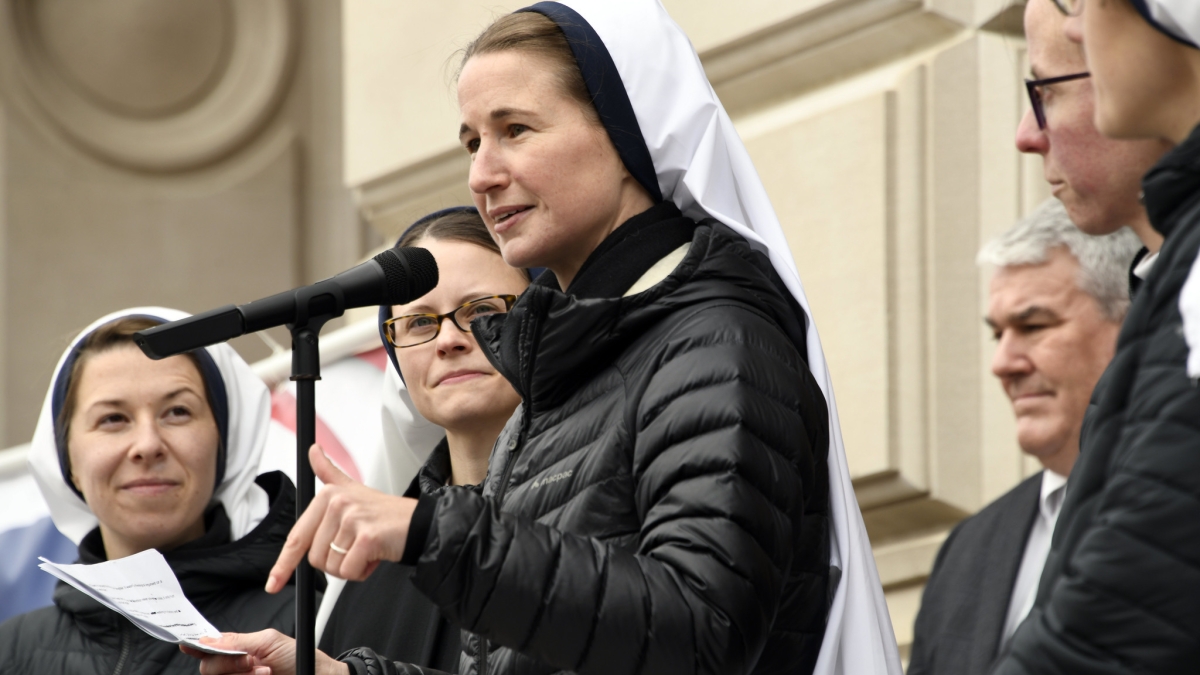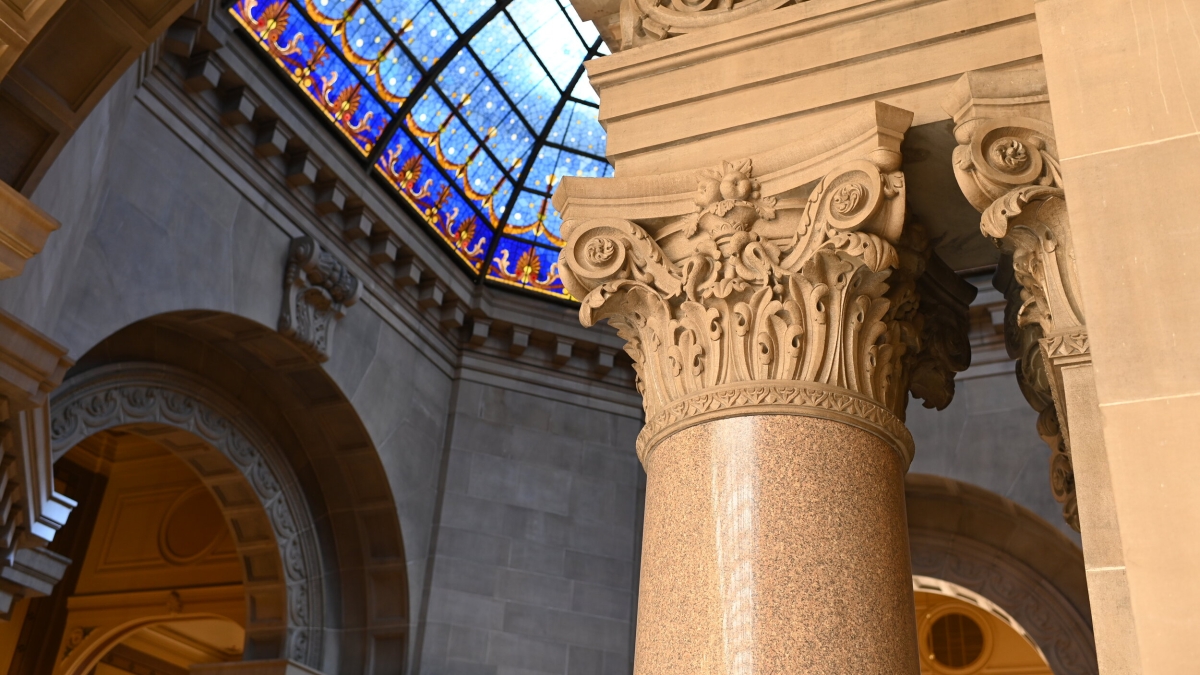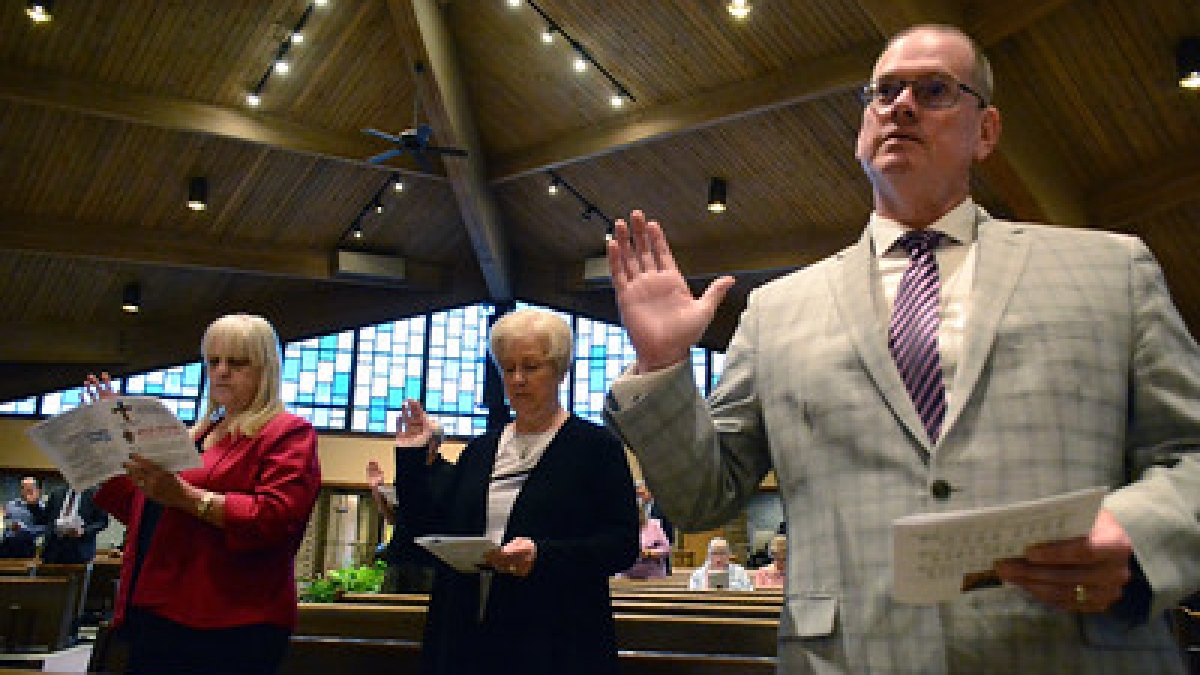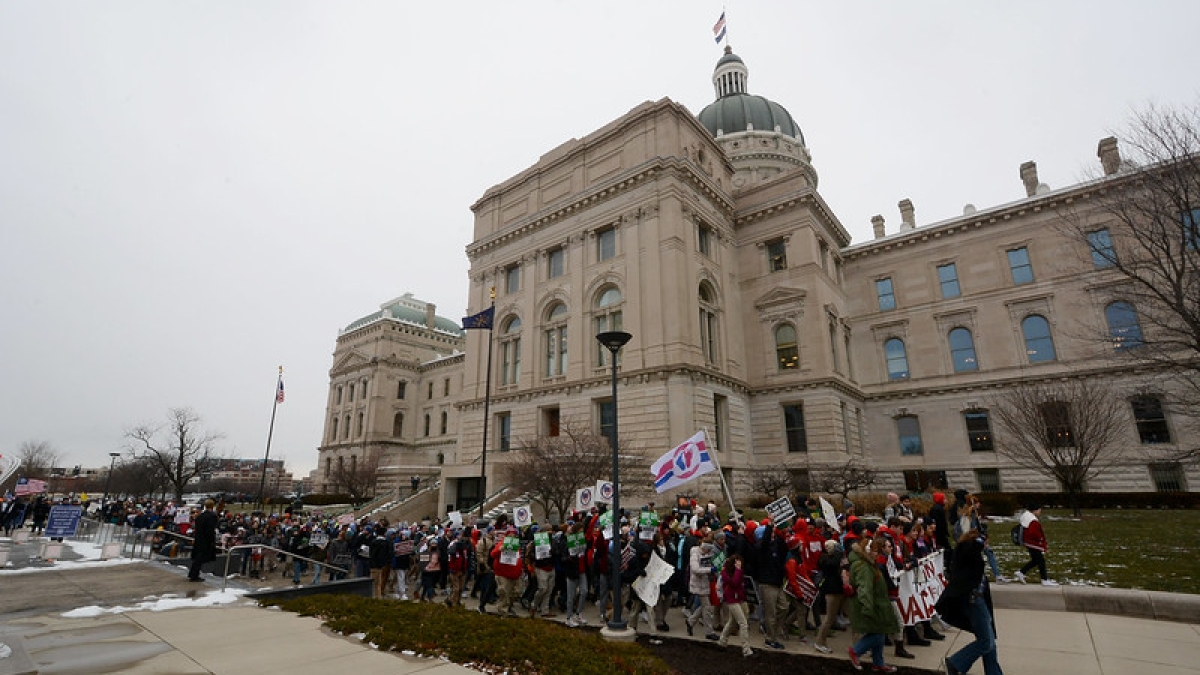What does it mean to form my conscience?
Catholics have a long tradition of engagement in the public square. Sometimes that engagement requires making difficult moral decisions that impact our own lives and those of others. Our conscience can help guide the decisions we make. The Second Vatican Council guides us: “Always summoning [one] to love good and avoid evil, the voice of conscience can when necessary speak to [one’s] heart more specifically: do this, shun that” (Gaudium et Spes 16). However, our conscience doesn’t just come to us when we are born. We must work throughout our lives to form it through prayer, learning, and conversation.
How do I form my conscience?
It takes time to form our consciences so that we can make well-reasoned judgments about particular, real-life situations. The Church teaches that it is important to work continually on conscience formation so we can be prepared to make decisions whenever the opportunity arises. Some specific ideas to form your conscience are:
1) Begin by being open to the truth and what is right.
2) Study Sacred Scripture and the teaching of the Church.
3) Examine the facts and background information about various choices and be discerning in where we gather information.
4) Prayerfully reflect to discern the will of God (Forming Consciences for Faithful Citizenship, no. 18).
Additionally, it is important to consider how our community of faith can help us form good consciences through some of these steps:
1) Seek the prudent advice and good example of trusted leaders and others to support and enlighten our conscience.
2) Learn about the authoritative teaching of the Church.
3) Pray for the gifts of the Holy Spirit to help us develop our conscience.
4) Regularly partake in an examination of conscience to hear God’s voice in your life.1 Doing the work of forming our consciences can seem daunting.
Fortunately, we have many church teachings that can help us in this important task. Forming Consciences for Faithful Citizenship is an important resource for U.S. Catholics and helps us prayerfully reflect on how we can apply Church teaching in our civic life. “Conscience is not something that allows us to justify doing whatever we want, nor is it a mere "feeling" about what we should or should not do. Rather, conscience is the voice of God resounding in the human heart, revealing the truth to us and calling us to do what is good while shunning what is evil.”






